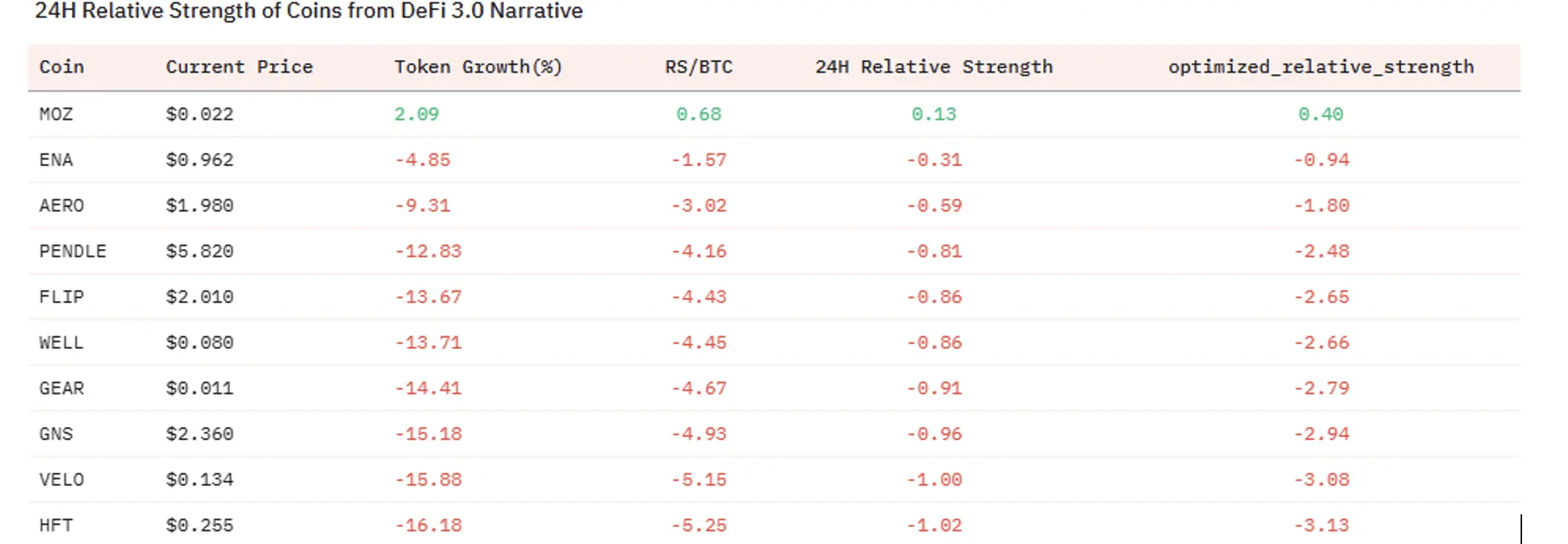Analyzing JPMorgan's Bitcoin-linked investment products: What are the risks? Why issue them at this time?
This article was published in Qin Shuo's Moments, author: Shu Shi.

According to a report by Hong Kong's Singularity Finance, JPMorgan Chase submitted sales materials for a cryptocurrency-linked note to the U.S. Securities and Exchange Commission (SEC) last week, which has excited many investors in the cryptocurrency space.
Many people in the cryptocurrency community have shared related news.
The reason is simple: JPMorgan Chase has a history of over 200 years and is one of the oldest commercial banks in the United States, belonging to the category of "too big to fail" financial institutions. In 2008, it acquired Bear Stearns and Washington Mutual, significantly enhancing its investment banking business.
What excites cryptocurrency enthusiasts is not only JPMorgan Chase's industry status but also a very important reason: JPMorgan Chase CEO Jamie Dimon stated in a 2017 interview with CNBC that he would "fire" any trader dealing in Bitcoin.
At that time, the CEO seriously pointed out that trading Bitcoin was against regulations and very foolish. Today, although JPMorgan Chase does not directly trade Bitcoin, it has launched a basket of stocks that track Bitcoin's performance—many speculate whether this means the CEO has been proven wrong and whether JPMorgan Chase wants to enter the virtual asset management business.
Not long ago, just as Bitcoin broke the $50,000 mark, some radical individuals even speculated that perhaps the board of directors at JPMorgan Chase needed to first fire Dimon to recover the business gap in this field?
I believe the above viewpoint may not have grasped the key points of JPMorgan Chase's products, and therefore does not truly understand the attitude of large banks like JPMorgan Chase towards Bitcoin.
Why would Dimon allow his department to issue such products? Is it really because he has changed his stance and started to view Bitcoin positively? Has the surge in Bitcoin since 2020 not only changed the habits of ordinary people but also altered the views of corporate executives like Jamie Dimon who have unique perspectives on Bitcoin?
After reviewing the sales materials submitted by JPMorgan Chase to the SEC, I feel that the stock-linked product is actually unrelated to the CEO's attitude towards Bitcoin. Or more specifically, for the issuer of this note, the product is neutral in terms of position, neither bullish nor bearish on Bitcoin.
JPMorgan Chase bears almost no position risk
This product is actually a special one-year linked note (Linked-Note, also known in the industry as "linked bonds"). It is a structured product, with the underlying assets being a basket of 11 stocks selected by JPMorgan Chase, which are closely related to businesses in cryptocurrency, chips, blockchain, and so on.
JPMorgan Chase has named this product the "JPMorgan Cryptocurrency Exposure Basket." The main implication is that it does not directly hold cryptocurrencies but rather has exposure to risks related to cryptocurrencies (in this case, stocks).
Investors will receive returns from the underlying stock assets held during the term, but will need to deduct the basket deduction fees.
According to JPMorgan Chase's explanatory materials, the intrinsic value of this note is determined by the basket of stocks it holds, but the issuance price will be higher (because the subscription price also needs to consider JPMorgan Chase's licensing, labor, and the profit levels that the channel department should enjoy, etc.).
So, from this point, we understand that it is not that JPMorgan Chase is optimistic about cryptocurrencies, but rather that it has identified certain alternative investment needs of cryptocurrency investors—after all, direct investment in cryptocurrencies carries certain risks, and liquidity is not as good as that of ordinary stocks. Therefore, JPMorgan Chase hopes to create this product without needing to bear position risk, as the entire portfolio's returns/losses are entirely borne by the investors, thus the position risk is mainly held by the investors.
The 11 stocks revealed
I believe most readers, like me, are most interested in the specific company names of these 11 stocks and their weightings in the basket—many hope to follow JPMorgan Chase to learn how to participate in the performance of the cryptocurrency sector while keeping risks controllable. Since buying Bitcoin can be cumbersome, being able to buy stocks directly to track Bitcoin's movements would still attract many fans.
First, let's list the specific companies; these 11 companies are as follows:
Next, let's discuss the weight distribution of the stocks in this basket.
JPMorgan Chase allocated 20% of the weight to MicroStrategy (NASDAQ:MSTR), and 18% to Square Inc (NYSE:SQ)—both of which reportedly have significant investments in Bitcoin.
According to public information, MicroStrategy is a business intelligence software company that has been listed on NASDAQ for over 20 years. Its products can support the mainstream databases or data sources in the world and are considered a hardcore tech company in the tech industry. In August 2020, MicroStrategy decided to invest $250 million in Bitcoin as a reserve asset, considering the low returns on cash and the depreciation of the dollar. In the following months, the company continued to increase its holdings, spending nearly $1 billion on Bitcoin that year—at a cost of $15,964 per coin.
As of 8 AM Beijing time on March 15, the price of Bitcoin was $59,979.82 per coin, which makes it easy to understand why JPMorgan Chase set this stock position to the maximum.
Square is a fintech company primarily focused on mobile payment products. In October 2020, it invested about 1% of its total assets ($50 million) in Bitcoin, and in February 2021, it purchased approximately $170 million worth of Bitcoin. From this operation, it seems that its operator has outperformed the operator of BYD.
JPMorgan Chase also allocated 15% of its holdings to the cryptocurrency mining company Riot Blockchain (NASDAQ:RIOT) and the cryptocurrency mining chip manufacturer NVIDIA (NASDAQ:NVDA).
Riot Blockchain is the company most directly related to Bitcoin, as its business is dedicated to supporting the Bitcoin ecosystem through "proof of work" mining. The company claims to be one of the largest publicly listed Bitcoin miners in North America, believing in the business opportunities of Bitcoin. NVIDIA, on the other hand, is one of the world's top chip manufacturers.
Since these four stocks account for 68% of the entire basket, JPMorgan Chase reminds investors in the linked note's sales documents that the returns for investors will largely depend on the performance of these stocks.
According to JPMorgan Chase's calculations, if calculated from November 2019, as of March 5, 2021, the returns of the above-mentioned portfolio exceeded six times, similar to Bitcoin. Of course, for simulated accounts, when looking at backtesting prices, selecting different time points can yield different results.
Based on data from Wind, I selected the period from October 9, 2020, to March 12, 2021, and found that the return of the above-mentioned stock basket was 3.9 times, lower than Bitcoin's increase of 4.23 times.
Of course, investment should not only look at returns but also at risks. Since this is not a product recommendation, I will not elaborate further. I just want to remind readers that for structured products like those from JPMorgan Chase, one cannot simply look at the price as a single indicator.
Returns of cryptocurrency-linked products
For this product from JPMorgan Chase, we are curious as to why it is issuing such a product at this time?
In fact, from the structure of the product, it resembles an exchange-traded fund (ETF). Unfortunately, the SEC has yet to approve any ETF products with cryptocurrencies as the underlying direct assets, so JPMorgan Chase's product can be seen as an indirect "replica" of a cryptocurrency ETF, using a basket of 11 stocks that may have price performance closely related to Bitcoin to indirectly follow Bitcoin's trends.
A subsequent question is whether one can buy their preferred stocks based on JPMorgan Chase's weight definitions?
I believe this is theoretically possible. However, retail investors need to keep in mind the timing of rebalancing, the points for switching, and finding the best trading commissions—these are not easy tasks, and whether retail investors can handle these matters with ease is uncertain.
Industry insiders say that JPMorgan Chase's product is a typical private banking product, primarily targeting high-net-worth individuals. For JPMorgan Chase, it does not actually hold Bitcoin positions, keeping risks controllable, with all holding returns and potential risks borne by the investors.
It should be noted that JPMorgan Chase has not stated that it will buy these underlying assets for clients, fully custody them, and pay them to investors upon maturity—it only provides net return/loss settlement arrangements for the basket. As stated in JPMorgan Chase's materials, theoretically, when this product matures in May 2022, if the basket of stocks has dropped by 98.5%, investors would theoretically lose all their invested funds.
Here, as an expert, the large bank earns asset management scale, as well as corresponding management fees and profit returns (these will be reflected in the product's pricing); while investors earn a convenient arrangement and a basket of trading opportunities.








